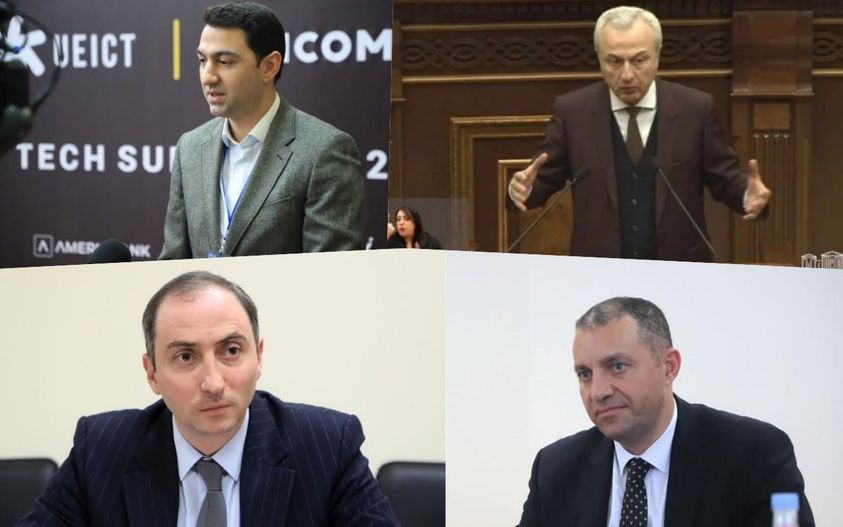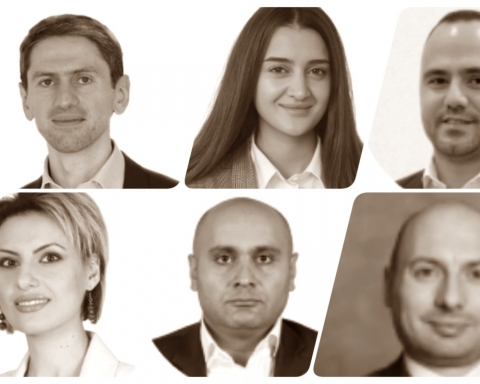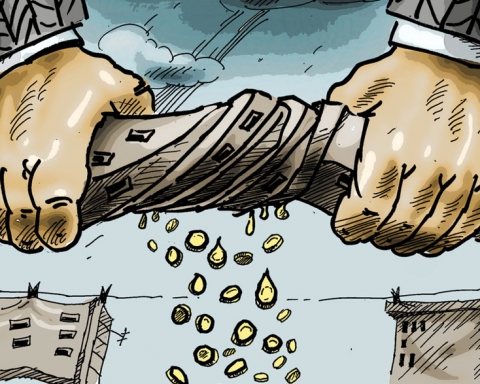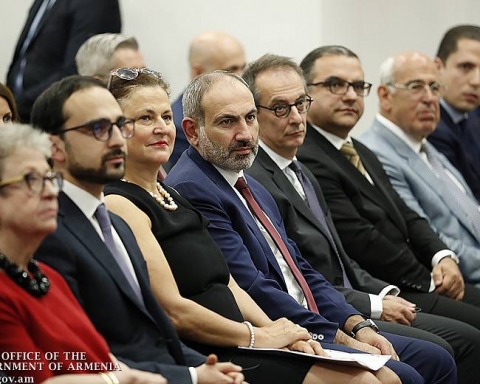A couple of ministers who obscurely protect the interests of IT companies have left, but their legacy persists. Companies and so-called “industry unions” are now stepping in. Recently, there was a meeting of IT companies in the parliament, and so it went. At the end of the article, there will be an explanation of what all this fuss about tax reduction is for
The “Union of IT Employers,” represented by director E. Musaelyan through the press, lamented the brain drain happening globally, with Armenia falling behind. According to him, taxes for IT companies should be lowered, or else they’ll all move to Georgia or Turkey. It’s easy to guess he’s talking about relocators who arrived in 2022 and are now leaving due to high taxes, heading to Georgia.
It’s an old song, “Lower our taxes, or we’ll leave.” Everyone sings it, from asphalt layers in central Russia to taxi drivers in downtown Yerevan, but the IT sector is always at the forefront.
The director of one of Armenia’s largest IT companies, “Synopsys,” and member of the Union of IT Employers Council, O. (!) Musaelyan agreed with him that income tax rates need to be reduced, or everyone will leave.
Synopsys claims that out of 130,000 relocators, 90,000 were IT specialists, but only 20,000 remain. An analyst from their working group cited statistics, showing it’s cheaper to live in Tashkent by 51%, Astana by 58%, Istanbul by 35%, Chisinau by 56%, and Tbilisi by 14%, compared to Yerevan. Not only are the figures and the comparison inaccurate, but this raises some questions. Why would the relocators choose Yerevan over Astana, where both living costs and taxes are lower, and Russian is spoken? And how is a tax break supposed to address the issue of living costs? Should hairdressers be forced to serve IT specialists for free or should landlords rent them apartments in the city centre for $100?
This reveals the manipulation of data and motives.
Clearly, out of 90,000 out of 130,000, not all can be IT specialists; there are spouses, children, and many other professions. The claim that only 20,000 remain is dubious.
If Armenia had 30-40,000 IT specialists before 2022, how did the market absorb an additional 90,000?
What value can a relocator, who leaves Armenia for Kyrgyzstan or Kazakhstan due to a few percentage points in taxes, create for the country?
What value does a relocator, for whom Armenia is merely a tax-free zone, hold for us?
Who does Musaelyan blame for the rent prices that aren’t going down? The government? Should landlords work to accommodate relocators, ignoring the market, so that they don’t get upset? And then pay 10% of the new rental tax, with no benefits for them.
Are you suggesting that only thanks to relocators did you start developing? What about statements before 2022 that the IT sector was growing? The industry has expanded by 40% every year in the last 5 years without the relocators
Are you aware that Russians have registered 2000 sole proprietors in Armenia, obtaining residence permits, and tax breaks, and not paying income tax, while most of them don’t even live in Armenia?
Perhaps we’re not a laundromat where you can get a residence permit, a Schengen visa, a Mastercard, tax breaks, and then leave? Where’s the brain and the hunt, Mr. Musaelyan Jr.?
And now to the important part. By manipulating data and goals, the “captains” of the IT industry hide the details of their bill. Demanding a 5% income tax for IT professionals, and justifying the leakage of the relocation brains, they tactfully keep silent about the fact that they require a 5% income tax for all their employees, and not just for the relocators.
Thus, O. Musaelian, Synopsys, with its 1,000 employees, will save 2.5 billion drams of unpaid taxes per year for his company. Although the company hardly hired or lost any relocators. With such benefits, the industry will underpay 40-50 billion a year to the budget. Considering that they take another 10-15 billion as compensation for mortgage interest, the total amount is comparable to budget expenditures on all health care.
And what do we get in return?
IT remains unyielding, having lost its two main lobbying ministers, and clinging to its self-serving narrative. “Taxi drivers and us – we’re special, so we don’t want to pay taxes. Yes, we’ll use the roads, and schools, let the police protect us, and the army too. But let teachers and doctors pay for it.”
––––
Levon Khalatyan






